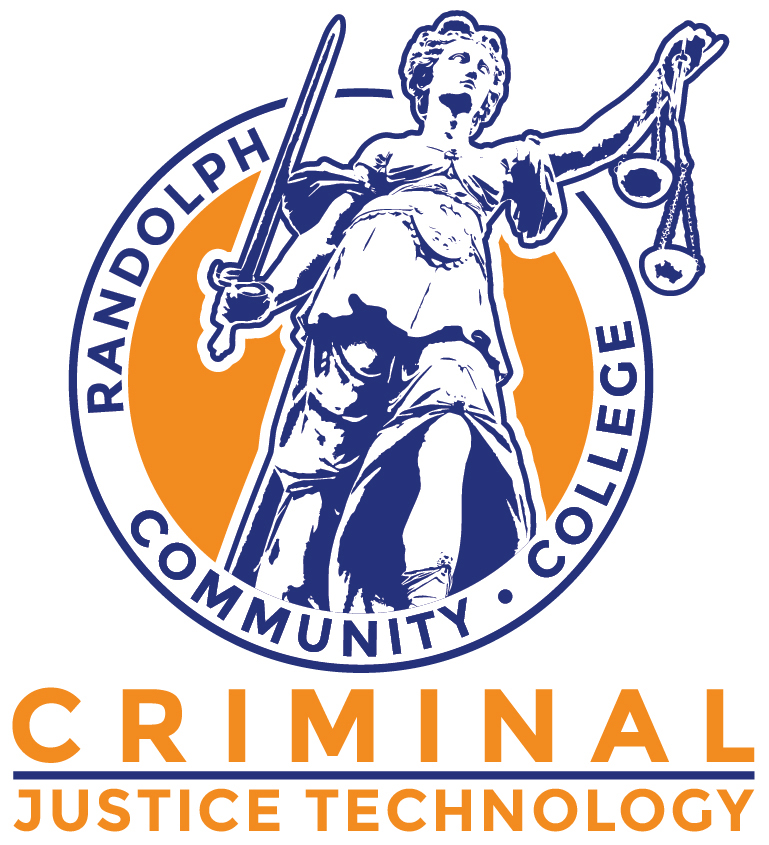First Year: Fall Semester (19 Semester Hours Credit)
- ACA 111 - College Student Success OR ACA 122 College Transfer Success
- CIS 110 - Intro to Computers
- CJC 111 - Intro to Criminal Justice
- CJC 112 - Criminology
- CJC 141 - Corrections
- ENG 111 - Writing and Inquiry
- HUM/ART - Humanities/Fine Arts Course
First Year: Spring Semester (15 Semester Hours Credit)
- CJC 113 - Juvenile Justice
- CJC 121 - Law Enforcement Operations
- CJC 131 - *Criminal Law
- CJC 132 - *Court Procedures & Evidence
- ENG 112 - Writing/Research in the Disciplines OR ENG 114 Prof Research & Reporting
Second Year: Fall Semester (15 or 16 Semester Hours Credit)
- CJC 212 - Ethics & Community Relations
- CJC 215 - Organization & Administration
- CJC 231 - *Constitutional Law
- PSY 150 - General Psychology
- --- Math/Natural Science Elective
Second Year: Spring Semester (16 Semester Hours Credit)
- CJC 160 - Terrorism
- CJC 214 - Victimology
- CJC 221 - *Investigative Principles
- POL 120 - American Government
- SOC 210 - Introduction to Sociology
TOTAL SEMESTER HOURS CREDIT FOR DEGREE: 65 or 66
Humanities/Fine Arts courses approved for this program.
*Credit granted for successful completion of BLET (after Jan. 1, 2000)
Math/Natural Science Elective must be taken from one of these courses:
BIO 110, BIO 111, CHM 151, GEL 111, MAT 110, MAT 143, MAT 152, PHY 110 and PHY 110A


